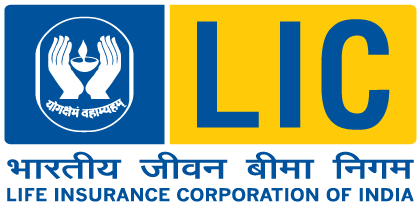Income protection insurance is a valuable financial safety net that provides individuals with a regular income in case they are unable to work due to illness or disability. This type of insurance, sometimes referred to as permanent health insurance, ensures financial stability during challenging times. In this guide, we’ll delve into the intricacies of income protection insurance, including eligibility, coverage, costs, and key considerations.
What Is Income Protection Insurance?
Income protection insurance, often known as permanent health insurance, is a financial security for those who lose their earning capability due to illness or disability. This insurance provides a consistent income stream until the policyholder returns to work or reaches retirement age. It is crucial to remember, however, that the income obtained may not entirely compensate for pre-illness or pre-disability wages.
Eligibility and Coverage
To be eligible for income protection insurance, individuals must meet certain criteria. Typically, there is a waiting period, which can range from four weeks to up to two years before the policy’s payments commence. During this waiting period, individuals may rely on employer-sponsored sick pay or statutory sick pay for support.
Comparing Income Protection Insurance
It is critical to determine whether income protection insurance is the right fit for your circumstances. Consider other types of illness insurance, such as critical illness insurance, which may provide a more cost-effective alternative. Though more limited in scope, critical illness insurance can be an appealing option for people concerned about the expenses involved with income protection insurance.
Factors to Consider Before Purchasing
Before purchasing income protection insurance, ask yourself several crucial questions:
- Do I already have coverage through my employer?
- Do I possess other insurance policies or mortgage-related coverage for illness?
- Do I have sufficient savings to cover potential long-term illness?
- Is income protection insurance the most suitable option for my specific circumstances?
Understanding Policy Terms and Conditions
Prior to signing an income protection insurance policy, thoroughly review its terms and conditions. These policies are required to be written in plain English, ensuring clarity for policyholders. Additionally, take note of any exclusions, pre-existing medical conditions, and the waiting period before the policy pays out.
Assessing Your Needs
To determine the appropriate level of income protection coverage, consider the following:
- Current take-home pay
- State benefits
- Work-related expenses (e.g., travel, food, clothing)
- Additional expenses due to illness or disability (e.g., medical equipment, heating costs)
Purchasing Income Protection Insurance
Income protection insurance can be obtained through two primary channels:
- Independent Financial Adviser: Seek advice from a financial professional who can assess various policies and recommend the most suitable one for your unique situation. Note that this service may entail a fee.
- Directly from an Insurance Company: Shop around to find the insurance company offering the best terms for your needs. You may need to undergo an assessment by the company to determine your eligibility.
Factors Affecting Insurance Costs
Several factors influence the cost of income protection insurance:
- Age: Younger individuals typically pay lower premiums.
- Health: Good health generally results in lower insurance costs.
- Occupation: Risky jobs may lead to higher premiums.
- Hobbies and Lifestyle: Participation in dangerous hobbies or habits like smoking can increase costs.
- Waiting Period: Longer waiting periods before making a claim can reduce premiums.
- Coverage Scope: Limiting claims to the inability to perform any work can lead to lower premiums.
Cancelling Your Income Protection Policy
Most income protection insurance policies offer a 30-day cancellation window with a full refund. After this period, refunds may be subject to policy terms and conditions.
Conclusion: Income protection insurance is a valuable tool for securing your financial future in the event of illness or disability. By understanding its nuances, eligibility criteria, and associated costs, you can make informed decisions to protect your income and provide peace of mind for you and your family.

